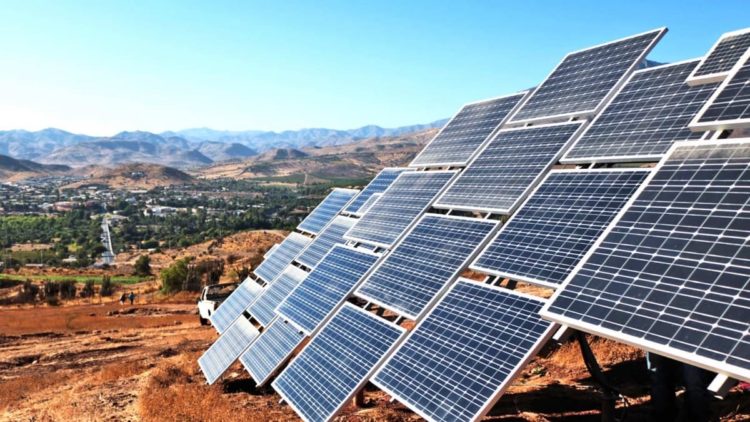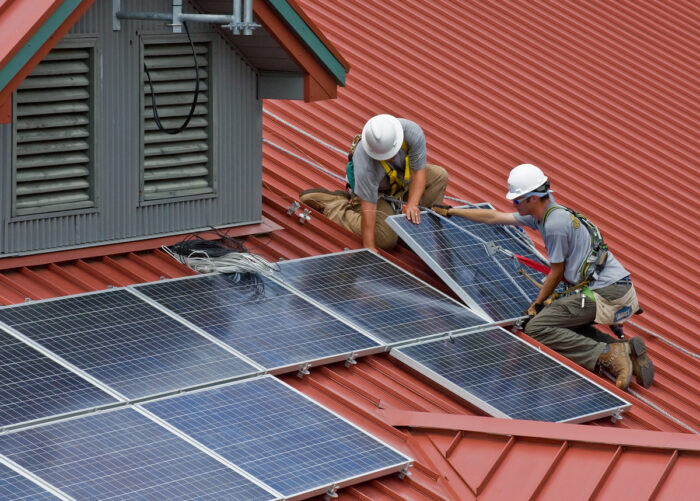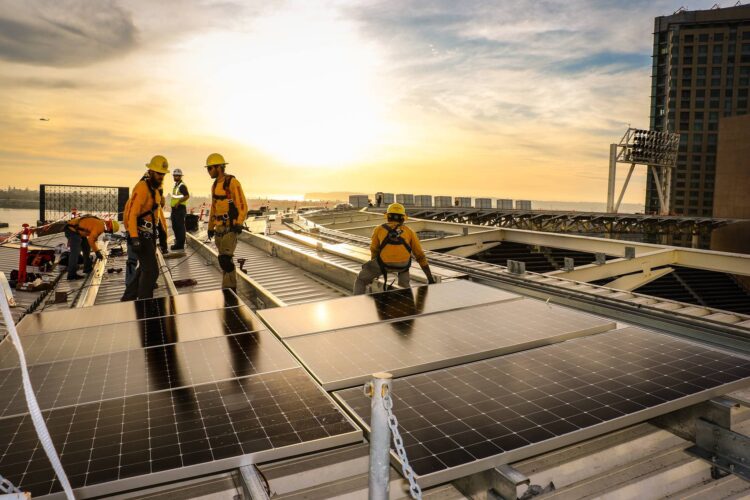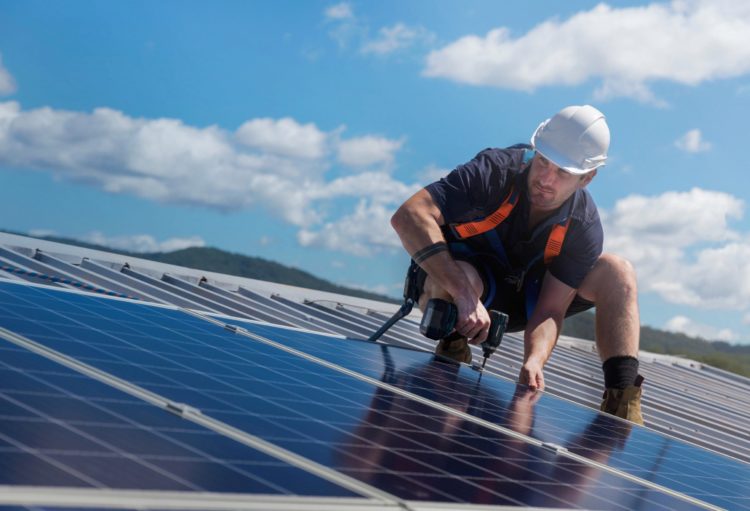
Today, there is a significant shift happening in energy production circles. This difference stems from numerous factors, including climate change, the need to shift global energy reliance to renewable sources, and the ever-increasing cost of fossil fuel-based power. In particular, costly non-renewable energy is playing a major role in higher than ever living expenses. Therefore, Australian families are motivated to find cheaper alternatives, if only to corral the soaring utility costs.
Numerous Australian households are investing in solar energy systems in response to the need for renewable energy sources. In fact, the number of solar panel installations throughout the country keeps increasing year by year. Installing solar systems is a popular alternative electricity source, and its environmental benefits are attractive bonuses.
Purchasing solar products for your home can be an exhilarating yet daunting experience. These solar power systems allow you to go green while saving money- both significant and beneficial outcomes. However, deciding to change is different from fully undertaking the process.
Solar products are a considerable investment. While they provide significant benefits (including saving money and going green), they are still a substantial monetary undertaking. Therefore, you must be careful throughout the selection and purchase process. Otherwise, you risk falling for marketing gimmicks and glossy advertisements.
In order to ensure you are getting the right solar panels, you must focus on the important aspects driving your purchase. So, before initiating your selection process, you must list and understand certain considerations that dictate your final decision. Doing so ensures you will be better prepared for this undertaking.
Here are a few tips for Buying Solar Power Systems:

Certifications
You must consider the solar power system’s certification before purchasing it. A solar certification indicates the type of testing a solar panel has undergone during and after manufacture. It applies to all solar products, particularly those that benefit from government rebates.
Warranty
Solar product warranties are crucial to any solar power installation as they provide the necessary protection for your investment. Most solar panels have two types of warranties: performance and manufacturer. Each covers a different length of time, with manufacturer warranties having an average of 10 to 12 years. Conversely, most solar systems have a performance warranty of 25 to 30 years.
Pro tip: when purchasing a solar product, it is best to opt for the warranty type that offers a more extended coverage period.

Durability
Solar power system durability is a crucial factor. The more durable your solar products, the less component replacement you will have to undertake over time. As a result, having a more robust system means spending less money over your usage period.
Durability is paramount when you consider Australia’s harsh climate. Any system that isn’t strong enough will be unable to withstand the challenging environmental conditions that may cause downtimes.
Efficiency
It is best to avoid overlooking a solar power system’s efficiency.
In fact, it is one of the most important factors to consider before investing in solar panels. To get the most out of a solar panel installation, you must ensure it has maximum output.
Solar system efficiency determines its output levels. So, the more efficient your panels are, the more energy you can generate for use in your home. Along with optimum output comes maximum monetary savings. Therefore, efficiency is good for your pockets.

Size
Not all solar power systems are equal. As a result, you must consider the suitability and system size you need to power your home adequately. Selecting the right solar system size requires you to consider such factors as your roof’s size, your power needs (based on your household’s consumption levels) and your home’s location or position relative to the direction of optimum exposure.
The size of your solar system cannot exceed your roof’s dimensions. Otherwise, you will not be able to mount all the solar panels, and you will adversely affect the installation’s efficiency.
It takes more than a desire to install a solar power system.
Instead, you must consider all the above factors carefully and use them as a checklist that helps you shortlist the best options. However, if you encounter any difficulties while choosing, you can contact your local solar installation professional for expert advice and click here for more details about solar systems.

Price:
Price is also important when purchasing a solar system. There are many different types and sizes of systems available on the market, so it is important to find one that fits your needs and budget. You may be able to find a great deal on a system by shopping around online or in local retail stores.
System Type
There are several different types of solar systems available on the market, each with its own set of benefits and disadvantages. When researching options, be sure to understand the different types of systems available so that you can make an informed decision. Some common system types include residential, commercial, and grid-tied systems.

Install the System
Solar is a great way to get your energy needs covered, but it can be a bit intimidating if you’re new to the game. Here are a few tips to help you get started:
-Start small -Purchasing a solar system for your home or office is a big investment, so start by installing just a few panels. See how much electricity you’re using each day and see if you can cut back on your usage. If you find that you’re using less energy than you were before, then you know that your solar system is working!
-Talk to an installer -If you’re feeling up for the task of installing your own solar system, make sure to talk to an installer first. They have years of experience and can help make the process as smooth as possible.
-Get quotes -Once you’ve decided on what kind of solar system you want, it’s time to get quotes from different installers. Compare prices and see which one fits your budget best.
-Contact your local government -One great way to save on your solar system is to contact your local government. Many municipalities offer tax credits or other incentives for homeowners who install solar panels. Check with your municipality to see if this is the case in your area.
Purchasing your first solar system can be time-consuming if you don’t know where to start. However, with the help of this guide, you should be able to get started on the right foot and choose the best system for your needs. We have outlined important factors to consider when purchasing your solar system, as well as provided helpful tips on how to save money along the way. Hopefully, by following these steps you will be able to purchase your first solar system without any complications or stress.











